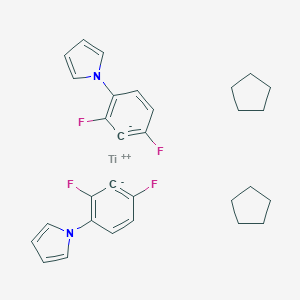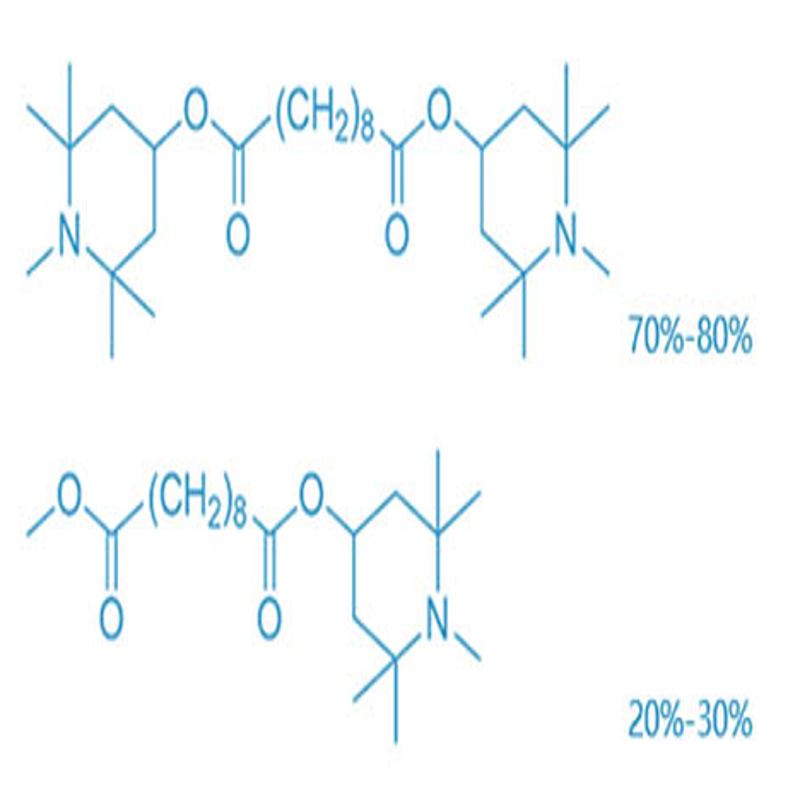-
Categories
-
Pharmaceutical Intermediates
-
Active Pharmaceutical Ingredients
-
Food Additives
- Industrial Coatings
- Agrochemicals
- Dyes and Pigments
- Surfactant
- Flavors and Fragrances
- Chemical Reagents
- Catalyst and Auxiliary
- Natural Products
- Inorganic Chemistry
-
Organic Chemistry
-
Biochemical Engineering
- Analytical Chemistry
-
Cosmetic Ingredient
- Water Treatment Chemical
-
Pharmaceutical Intermediates
Promotion
ECHEMI Mall
Wholesale
Weekly Price
Exhibition
News
-
Trade Service
Korea Gas Corp.
(Kogas) said recently that it will invest 10 trillion won (about 61.
2 billion yuan) by 2025 to expand its natural gas production capacity and infrastructure
for hydrogen vehicles and other clean energy.
Kogas, the world's second-largest LNG importer, has unveiled a long-term business plan on its 35th anniversary as it looks to play a bigger role
under the government's energy transition policies.
The state-owned utility said it would buy LNG at lower prices in future contracts and work with other Asian buyers to gain greater bargaining power, setting a target of saving 6 trillion won (about 36.
7 billion yuan)
from gas purchases by 2025.
Kogas has reportedly been looking to diversify its gas import portfolio beyond its traditional sources in the Middle East and Southeast Asia, which account for about
70 percent of the country's total supply.
South Korea imported about 30 percent of its total imports from Qatar in 2017, while also buying natural gas
from Australia, Oman and other countries, according to Greek shipping news.
Kogas said it would invest 6 trillion won to expand LNG production capacity, improve energy management systems in combination with advanced technologies, and invest 3 trillion won (about 18.
35 billion yuan) in overseas projects to diversify
supply.
In addition, the company plans to inject 1 trillion won (about 6.
12 billion yuan) into energy transition projects to increase hydrogen-fueled vehicles, as well as liquefied natural gas bunkering and trucks to help tackle air pollution
.
To boost sales of hydrogen-powered vehicles, Kogas plans to build about 100 hydrogen charging stations and distribution centers by 2022, generating 2 million tons of new natural gas demand
by 2025.
The business plan is in line with President Moon Jae-in's administration's plan to shift from coal and nuclear power to clean and renewable energy by 2030
.
Kogas CEO Cheong Seung-il said earlier that he wanted gas to play a "bridging role"
under the energy roadmap.
This article uses the real-time exchange rate of 1 won = 0.
006116 yuan
Korea Gas Corp.
(Kogas) said recently that it will invest 10 trillion won (about 61.
2 billion yuan) by 2025 to expand its natural gas production capacity and infrastructure
for hydrogen vehicles and other clean energy.
Kogas, the world's second-largest LNG importer, has unveiled a long-term business plan on its 35th anniversary as it looks to play a bigger role
under the government's energy transition policies.
The state-owned utility said it would buy LNG at lower prices in future contracts and work with other Asian buyers to gain greater bargaining power, setting a target of saving 6 trillion won (about 36.
7 billion yuan)
from gas purchases by 2025.
Kogas has reportedly been looking to diversify its gas import portfolio beyond its traditional sources in the Middle East and Southeast Asia, which account for about
70 percent of the country's total supply.
South Korea imported about 30 percent of its total imports from Qatar in 2017, while also buying natural gas
from Australia, Oman and other countries, according to Greek shipping news.
Kogas said it would invest 6 trillion won to expand LNG production capacity, improve energy management systems in combination with advanced technologies, and invest 3 trillion won (about 18.
35 billion yuan) in overseas projects to diversify
supply.
In addition, the company plans to inject 1 trillion won (about 6.
12 billion yuan) into energy transition projects to increase hydrogen-fueled vehicles, as well as liquefied natural gas bunkering and trucks to help tackle air pollution
.
To boost sales of hydrogen-powered vehicles, Kogas plans to build about 100 hydrogen charging stations and distribution centers by 2022, generating 2 million tons of new natural gas demand
by 2025.
The business plan is in line with President Moon Jae-in's administration's plan to shift from coal and nuclear power to clean and renewable energy by 2030
.
Kogas CEO Cheong Seung-il said earlier that he wanted gas to play a "bridging role"
under the energy roadmap.
This article uses the real-time exchange rate of 1 won = 0.
006116 yuan







